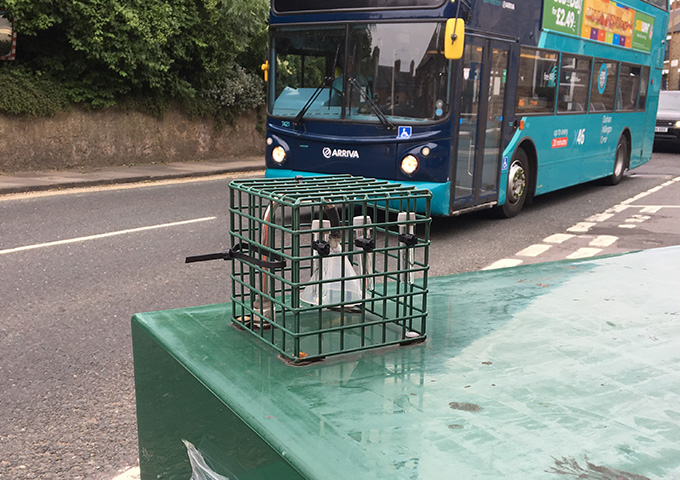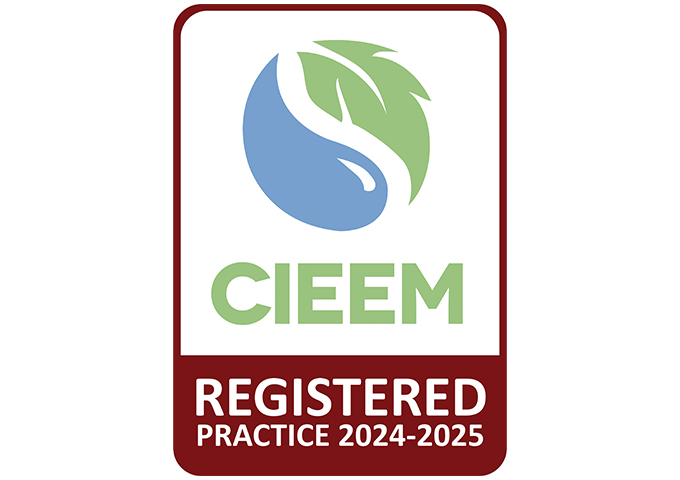
Three Hot Topics for Air Quality in 2020
Our air quality team recently presented to the Royal Town Planning Institute (RTPI) North East. Three hot topics in the air quality field were discussed, all of which are likely to come under increased scrutiny in 2020 – Clean Air Zones, Ecological Impact Assessment and Damage Cost.
Clean Air Zones
The UK Government has mandated 29 Local Authorities to implement a Clean Air Zone (CAZ), due to come into effect in 2020. These are areas where targeted action and co-ordinated resources aim to improve air quality within an urban setting, in order to achieve compliance with the EU limit values within the shortest possible time.
The implementation of a CAZ has the potential to affect the way in which air quality assessments are carried out. Aside from the more detailed requirements for air quality modelling, we expect to see numerous changes to planning and submission requirements. Local Authorities may publish more detailed developer-specific guidance and criteria for assessment, and increased provisions for sustainable developments may be requested.
Assessing Air Quality Impacts on Ecological Sites
Following the recent High Court case focusing on air quality impacts at the Ashdown Forest Special Protection Area (SPA), known as the Wealden judgement, updated guidance has been issued by Natural England and the Institute of Air Quality Management. These two guidance documents provide a standard methodology for the assessment of air quality impacts on sensitive habitats within designated sites. Designations can be on a local, national and international scale, but this guidance also applies to areas of ancient woodland.
As a result of the Wealden judgement, and with up to 80% of all designated sites exceeding the levels where harmful effects may occur, we can expect and are seeing an increasing number of ecological assessments being requested for planning purposes. Critically, it should be noted that air quality impacts need to be considered at designated sites located within 200m of any roads where there will be an increase of more than 1,000 vehicle movements. This needs to be considered in-isolation for the development itself and, more importantly, in-combination with committed developments, Local Plans and allocated development sites.
Damage Cost (Financial Contribution)
Damage cost is a means of determining a financial value to offset the impact of a development on air quality. The value to be contributed is based on the vehicle generation, and therefore emissions, associated with a proposed development. Whilst this concept has been around for a number of years, we can expect to see an increased requirement as Clean Air Zones are introduced, along with any associated changes to guidance from Local Authorities.
Damage costs may be assigned for development-specific mitigation and also as a contribution to third party mitigation (such as enhanced bus service provision or even a new link road). However, the recent High Court case for London Road, Newington has set a precedent that any financial contribution must be directly linked to an improvement in air quality.
If you would like further information on our air quality services and projects, please click here.






